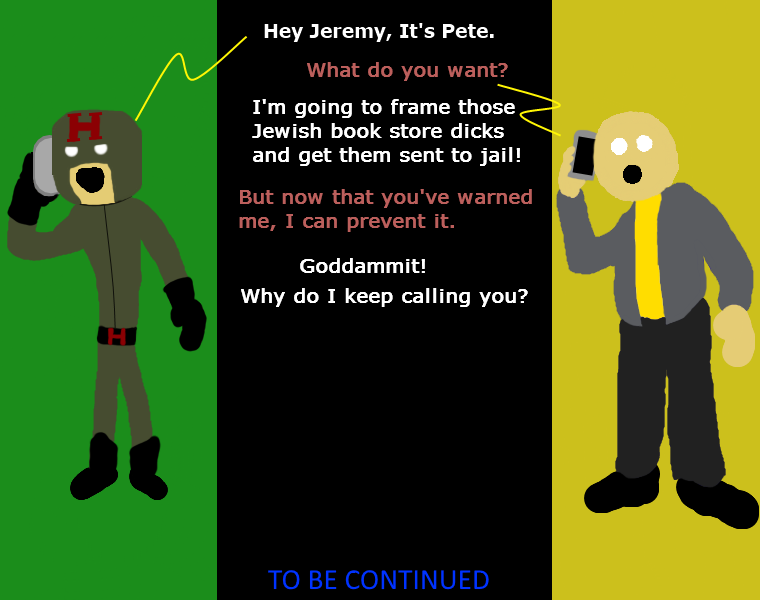Agent of HINDER (part 28)
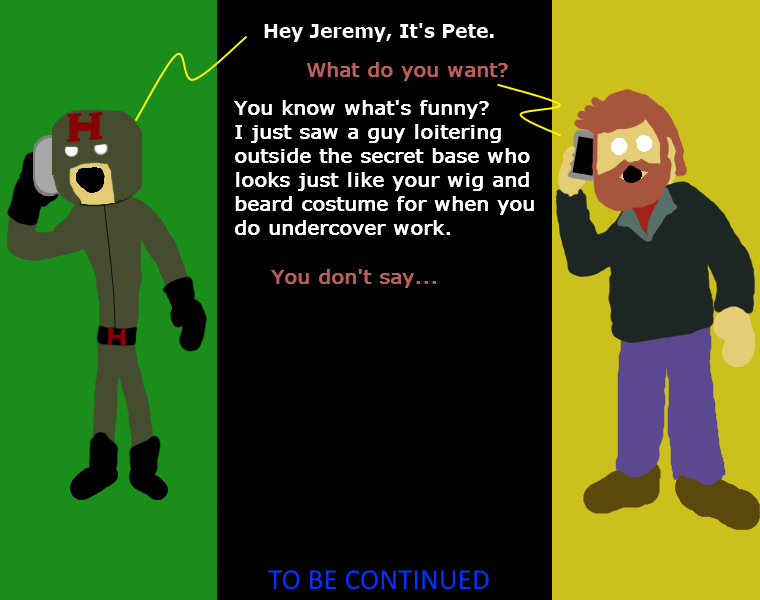


A group of teenagers investigate supernatural strangeness and, when necessary, beat it up.
When these four friends investigated their first mystery, a strange kid in their neighbourhood, they made a friend in the half-human, half-otherwoldly creature named Byron G. Rothschild. Now that they have a real live supernatural being on their side, there’s nothing they can’t handle, right?
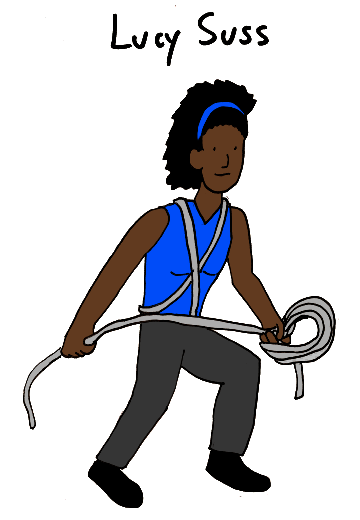
The leader of the Mystery Fighters, Lucy is an expert in all things rope-related. She can tie or untie knots, she can throw a lasso, and she is always prepared. She’s an expert at making connections, with ropes and with mysteries. She’s the one who ties the team together.
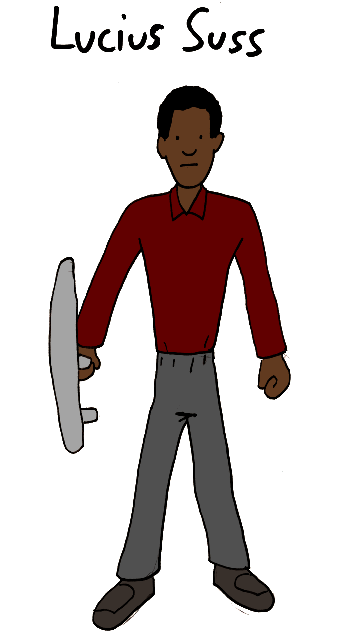
Lucius is Lucy’s twin brother. He’s a sensitive quiet type, who gets overwhelmed when he’s in a loud environment or a crowd, but he is extremely perceptive. He’s the one who will pick up on little details that the others may miss. He uses a specially modified shield when he fights mysteries.
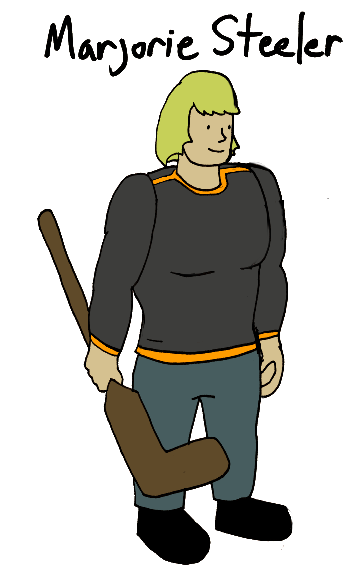
She may seem like the team’s muscle, and she is, but Marjorie is no dummy. What she likes is the research part of an investigation. If she gets to go through some town’s old newspapers or a murder victim’s diary, she’s ready and willing to turn up whatever facts are needed. She’s also in the contending for the world record of Most Mummies Punched.
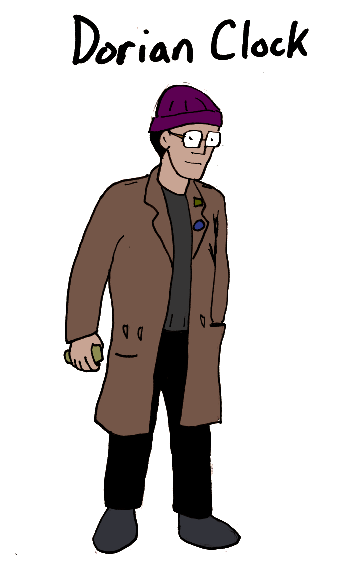
Dorian is the team’s tech guy, but he’s also the team’s public face. He’s more social than those other losers, so he manages the team’s website and social media presence, and is the one who drums up their cases. He’s also the team member that is least useful in a fight, though the others don’t hold it against him.
I’m calling it a sitcom, because that’s what this year is about, but I see this one more as an action mystery show. It’d be comedic, because these are idiotic teenagers, but if it were a real thing, I’d want actual mysteries. Someone pay me to make this show happen, please!
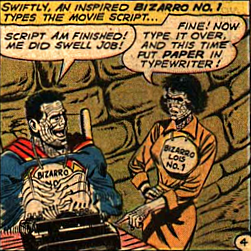
One of the things I want from Superman stories, and superhero stuff in general, is for them to not always be about beating up the bad guys. Honestly, that can happen. You can use superheroes for interesting sci-fi premises that are about ideas other than violence and villainy. The Silver Age Superman books for were great for that stuff. We can have that again. We need to have that again.
I’m not just saying that we need stories where the heroes resort to non-violent means to bring down the villains. We do need that, of course, Lois and Clark should be bringing down as many criminals with their writing as they do with their punches. But also, I want stories that aren’t about villains who need to be stopped by violence or otherwise. I know we all like to blame people, but sometimes bad things happen that aren’t directly caused by people who we then need to punish.
I think that comics writers hear that kind of thing and assume that with no villain, there is no conflict, but there’s a lot to learn from watching things like the Twilight Zone or better episodes of Star Trek. Superhero comics, I think, would do well to move into that kind of conceptual space, instead of everything being a punching contest. I don’t know that I have more to say on the topic than that.
Anyway. With that said, I will now proceed to make myself look like a hypocrite by spending a lot of time in future weeks talking about how we can improve the villains in Superman comics. Oh well.
Today’s Heritage Monument is about the creation of the poem In Flander’s Field. A WWI doctor, John McCrae, is bummed about that whole war thing and people dying and such, so he writes a poem. He then hands it to some guy and claims he doesn’t know what it is. It’s weird. The poem’s Wikipedia page does say that “[a]ccording to legend, fellow soldiers retrieved the poem after McCrae, initially dissatisfied with his work, discarded it” but in this commercial McCrae doesn’t discard it, he hands it to this one guy. If he was discarding it, he’d surely rip it out of the book or something. Is this guy McCrae’s personal whole book discarder? Did they have those yet, or were they invented in WWII?
There is something to be said for the idea that McCrae was overcome by some muse, created his poem, and barely realized what he’d done. I dunno. That’s the best I can manage in explaining this. I have nothing else to add.
This one gets only Two and a Half Pieces of PDR’s Reviewing System Cake. The only quotable thing about it is the thing it is quoting.
